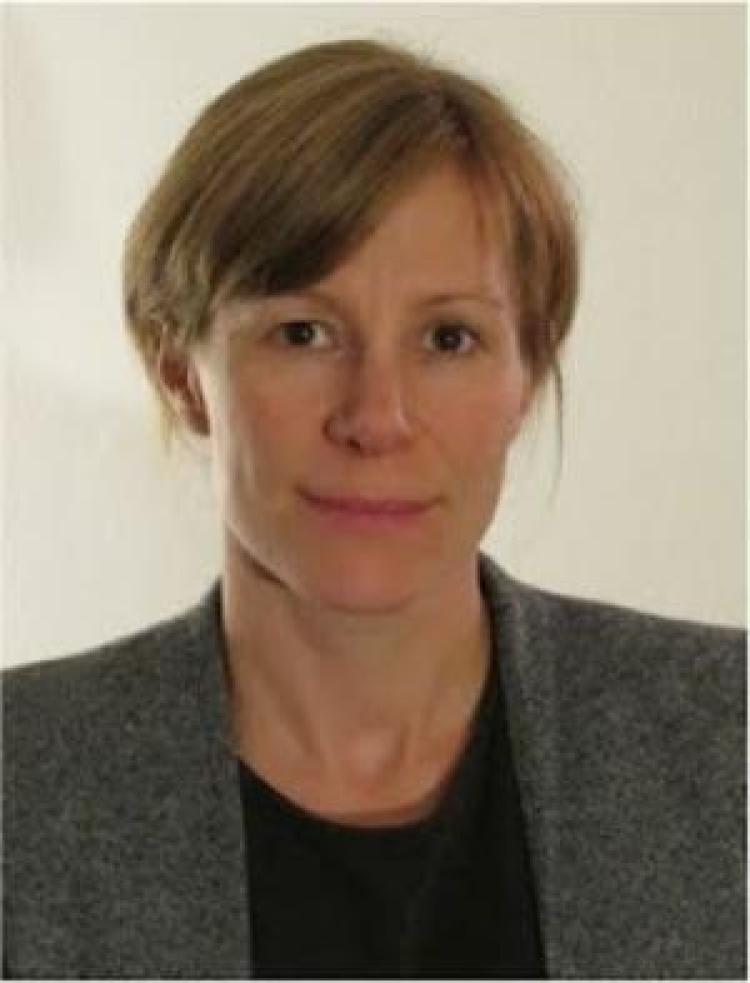People with social anxiety disorder take criticism especially hard, study finds
While 'healthy' adults have a 'positive bias'—meaning that they internalize positive feedback—people with social anxiety disorder have a 'negative bias'
People who have social anxiety disorder are more likely to internalize criticism than those who do not, research from the University of Colorado Boulder suggests.
The researchers found that, while “healthy” adults had a “positive bias”—meaning that they internalized positive feedback—people with social anxiety disorder (SAD) had a “negative bias.” Furthermore, positive and negative biases influence people’s self-perception for months after the original critique.

Leonie Koban
Psychologists understand that people with social anxieties digest negative feedback more than positive feedback, and Leonie Koban, a research associate at CU Boulder’s Institute of Cognitive Science, is conducting research to determine why that is.
“A lot of what we think or what we feel is heavily influenced by social context,” says Koban. A recently published study in the journal Emotion examined how these factors differ between people who have social anxiety and those who do not.
The study focuses primarily on how social anxiety affects self-esteem. Self-esteem, Koban explains, is how we feel about ourselves in the moment, which can change over time as we receive positive and negative feedback.
People with social anxiety disorder fear social interactions ranging from public speaking to much smaller social interactions such as parties. People who suffer from social anxiety tend to have low self-esteem and low self-compassion—meaning they are not kind to themselves.
In the study, 56 adults—21 of whom suffered from social anxiety disorder–gave a brief speech to a panel of judges. Each person received feedback on the speech and completed a self-evaluation.
“This positivity bias has been reported in people before,” Koban explains. “Most people think that they are better drivers than average or that they will live longer than average, but we showed how this updates the self-esteem of healthy people.”
The study supported the researchers’ hypothesis “that adults with SAD would update their self-directed feelings and self-perception to a greater extent in response to negative than to positive performance feedback, whereas healthy adults … would show the opposite updating bias.”
The socially anxious can learn from feedback and build their self-esteem, but negative feedback harms their image of self far more drastically.
Future research could determine if this negative bias is an effect only of social anxiety disorder. Koban suggests that people with other forms of anxiety might also yield similar results. Koban and her team have yet to fully study ways of reversing negative bias. They have worked on what she calls “self-compassion interventions,” but they have yet to analyze the data.
Koban was trained as a psychologist before receiving her PhD in neurosciences at the University of Geneva and before moving to CU Boulder. She is interested in how individuals and social relationships affect human behavior.
Koban explains that we know that social interactions have a strong effect on human behavior, but we do not understand the brain science behind it. In her research, Koban focuses on examining the physiological mechanisms that influence our decisions.
Rebecca Schneider, Yoni K. Ashar, Jessica R. Andrews-Hanna, Lauren Landy, Tor Wager and Joanna Arch from CU Boulder and David Moscovitch from the University of Waterloo also worked on the study.

